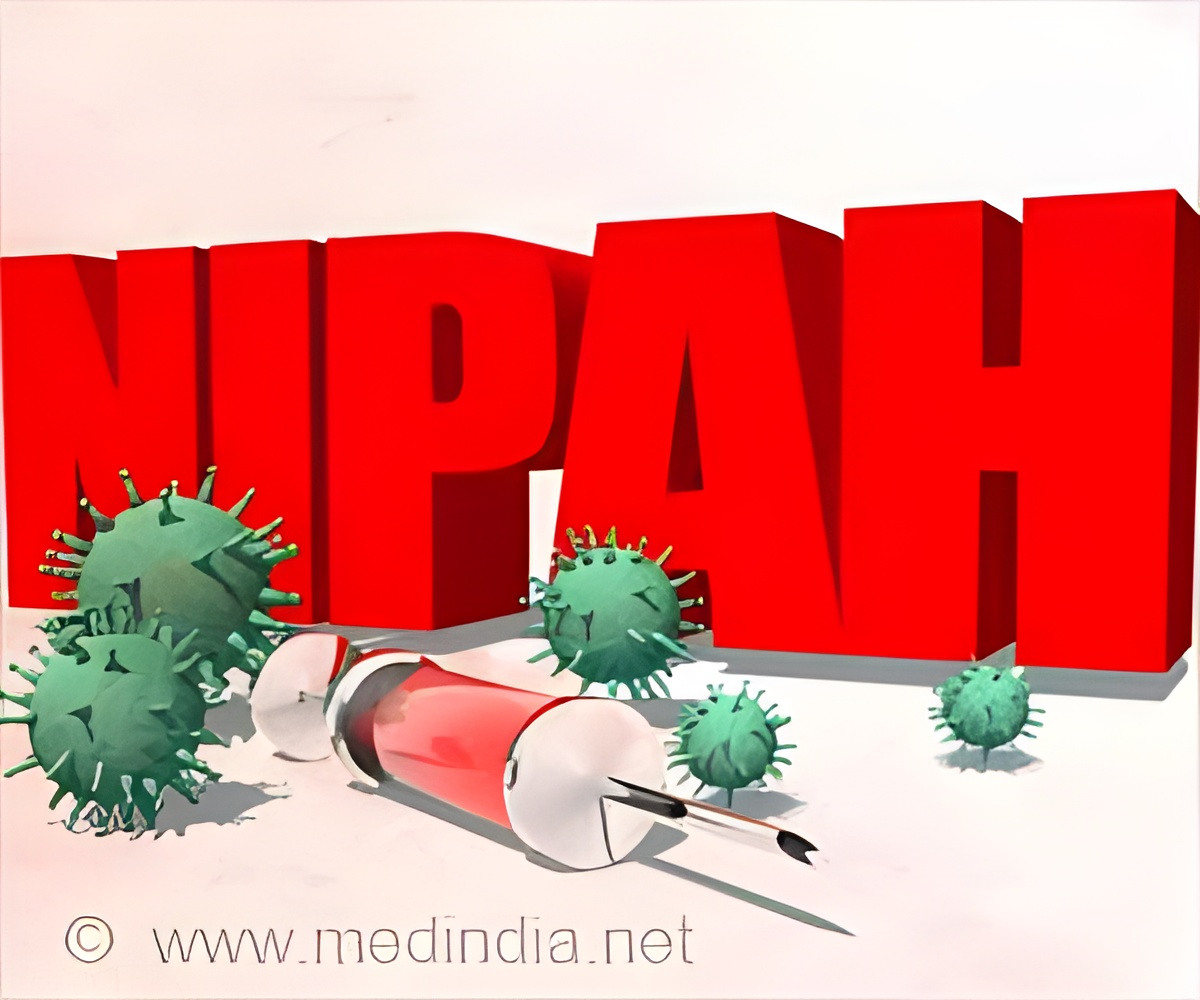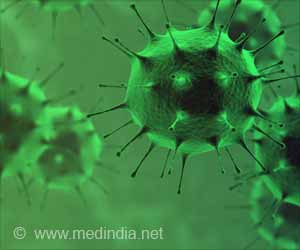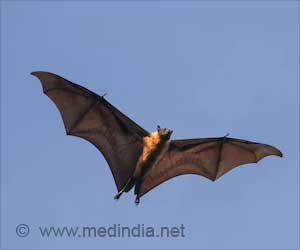
‘People should be aware against trespassing into bat habitats. Also, avoid eating contaminated fruits or interacting with domestic animals without proper protection.’
Tweet it Now
So far, the "fruit bat" has only been identified as the animal host reservoir from which the virus can spread the disease to other animals like pigs, dogs, cats, and goats. The recent death of a 12-year-old boy in Kozhikode marks Nipah's third attack in the state.
It was first confirmed in the Kerala district in May-June 2018 and claimed 17 lives. Fruit bats were suspected to have passed on the infection to the index case then, though no clear evidence was available.
"The failure to identify the source of the virus in the primary case in 2018 was a major drawback. The fact that the disease has resurfaced around Kozhikode region points to the fact that the virus is still endemic to the region," Dr Kiran G Kulirankal, Assistant Professor, Division of Infectious Diseases, Department of General Medicine, Amrita Hospitals, Kochi, told IANS.
Another sporadic case of Nipah resurfaced in June 2019 from Kochi, after about a year and at a geographically different location. Though the patient survived, the source of the infection was again not determined.
Advertisement
"Lack of scientific proof of the primary source was glaring in both the episodes. When a similar epidemic in Malaysia occurred in 1998-1999, they could control the epidemic by determining that pigs were the intermediate host for Nipah, and large-scale culling and good animal farming practices prevented further occurrence," Dr Jitesh K., Senior Consultant, Internal Medicine, Meitra Hospital, Kozhikode, told IANS.
Advertisement
However, the risk this time is much higher, since the attack is amid a Covid surge in the state as well as the region.
Can it surface as a co-infection? Experts suggest the possibility cannot be ignored.
"The fact that the fatality rate for Covid 19 is between 1-2 per cent, while the fatality rate of Nipah varies between 40-75 per cent, is one to worry about. In a state already caught in a very serious battle against Covid-19, the outbreak came as a double blow," Kulirankal said.
"Early isolation and testing is the key to containment of the disease. The chances of co-infection are rare but cannot be ruled out," he noted.
The incubation period of the disease is 4 to 14 days and sometimes up to 60 days. The usual symptoms are fever, headache, sore throat, vomiting, and dizziness.
As there is no cure or vaccine available till date, intensive supportive care is the mainstay treatment and only choice for treating severe respiratory or neurological complications, the doctors said.
In the current case, nearly 140 high-risk contacts of the deceased young boy have tested negative. But nearby states have been put on high alert for the disease.
"The fight is still not over. The threat of another outbreak cannot be ruled out as long as the source remains unknown," Kulirankal said.
It is imperative for the state to "determine the source of Nipah whether it's a bat or some intermediate host like pigs or other wild animals", according to Jitesh.
The state should also recognize that Nipah has become endemic, and all the breakouts happen mostly during May and December months so preventive activities should happen during these months, he added.
Public must be aware against trespassing into bat habitats and avoid eating contaminated fruits or interacting with domestic animals without proper protection.
Source-IANS








